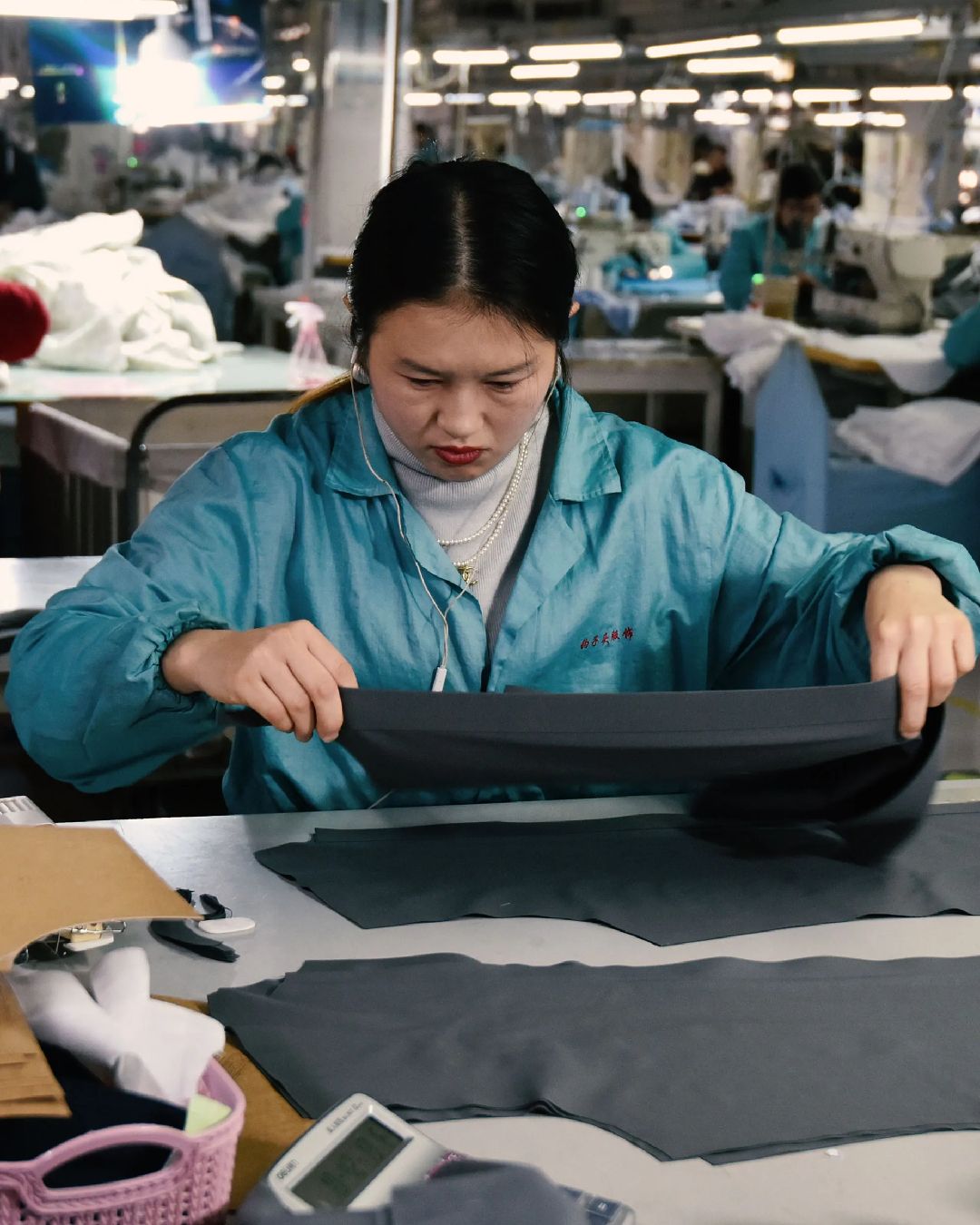
A new investigation into the problem of luxury contracting in Italy While brands deny the allegations of the Court of Milan, BoF addresses artisans and industry experts
The scandal that the fashion world has been grappling with in recent months could have enormous repercussions on the entire sector. Last spring, after the Milan Court launched an investigation into the companies Alviero Martini srl, Giorgio Armani Operations srl, and Manufactures Dior srl, which were linked to a network of factories where workers were subject to exploitation, all the companies' representative bodies (PR, executives, sustainability and product quality control staff among them) had to work to assess the damage done to each brand's image. In the case of Dior, it emerged that some of the factories involved were producing bags sold for thousands of euros at a cost of 53 euros. While within the fashion algorithm, where the case became a topic of discussion, social media users called it old news, the brands involved must act swiftly before their reputation completely loses value. A new investigation by Business of Fashion questions how it was possible for luxury houses, known for the preciousness of their products, to fall into the trap of low-cost fashion.
After the Milan Court launched its investigation, LVMH and Armani attempted to distance themselves from the scandal, claiming they had never had direct contact with the supply chains under investigation. The problem is that in documents reporting the police's arrival at one of the factories involved with Armani, it emerged that one of the company's representatives was present at that very moment. Similarly, LVMH's financial director said that since these were sub-suppliers, the company was not involved with the factories under investigation, but according to the court, two of the facilities were in fact directly linked to Dior. Both Armani and LVMH confirmed their commitment to improving supply chain controls, even though both had already established codes of conduct for production sites with which they collaborate. These regulations and controls (periodic and conducted independently) were deemed insufficient by the court. According to Business of Fashion, which spoke with several veteran experts in the luxury supply chain sector, inspectors are not incentivized by the fashion houses to find problems; on the contrary, some of them are reprimanded for including too many details in their final reports. Adding to this is the fact that all inspections are scheduled, meaning that factory owners are aware of when the inspectors are coming, which renders the inspection results almost meaningless. According to Michael Beutler, a former sustainability director for several luxury companies, the negligence of these brands sometimes extends to extremely serious cases. In order not to interrupt production, Beutler told BoF, brands are willing to turn a blind eye even to child labor or forced labor.
@sustainablefashionfriend Christian Dior’s Italian subsidiary has been accused of exploiting workers through collaboration with Chinese-owned companies. A Milanese court placed Dior under judicial administration for one year due to failure to verify contractors' working conditions, with similar actions taken against Giorgio Armani Operations and Alviero Martini. LVMH, Dior's parent company, did not comment on the court’s decision, which led to a 4.5% drop in LVMH shares. The investigation, beginning in March, targeted four factories employing 32 workers, some undocumented. Workers were paid below minimum wage and endured poor conditions, including being forced to sleep in factories, evidenced by continuous electricity usage. Dior's suppliers charged as little as €53 per handbag, highlighting "backdoor globalism" and labor standards issues. This case spotlights the ethical challenges of the "Made in Italy" label and the broader luxury fashion industry. Sources: BOF, Sourcing Journal, Human Rights Benchmark, Know the Source, The Japanese Times, Forbes #FashionIndustry #EthicalFashion #LaborRights #LVMH #ChristianDior #SupplyChain #MadeInItaly #luxuryfashion #sustainablefashion #fashiontok original sound - Sustainable Fashion Friend
Another factor at play when discussing Italian luxury fashion is the importance the world places on the Made in Italy label and Italian craftsmanship. In conversation with a leatherworker who gave up on fast, low-cost production, BoF notes how the luxury fashion boom that occurred from 2014 until a few months ago has exacerbated the problem. With the increased demand for high-end items made in Italy, companies' revenues (and with them, greed) have risen, leading executives to choose to increase production at the cost of lowering product quality. «You cannot have luxury if you rush artisans to make the product in the fastest way at the smallest cost», said leather expert Klajdi Koci to BoF.
Although the brands continue to deny the findings of the Milan Court—Dior claims the allegations of low-cost handbag production are «blatantly inaccurate and false»—the BoF investigation not only highlights the flaws in the system set up by luxury giants to guarantee continuous and massive production: through the opinions of artisans, executives, and other industry experts, it shows that the growth of the Italian luxury market in recent years has ultimately damaged the intrinsic value of the products, long considered a point of pride for their unmatched level of quality and craftsmanship. Quality and quantity have never gone hand in hand, as demonstrated by fast fashion brands, so even Made in Italy, if it truly cares about its reputation, will need to rethink its priorities.














































